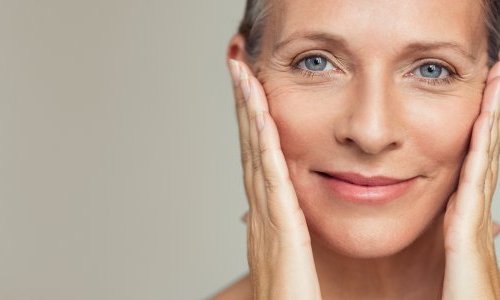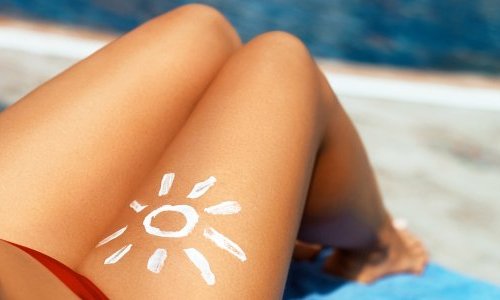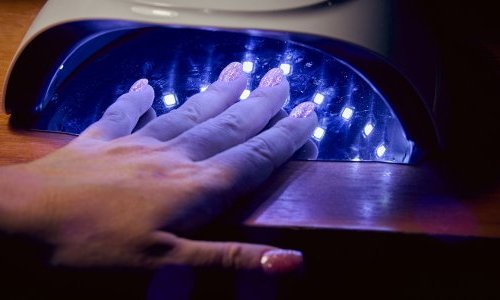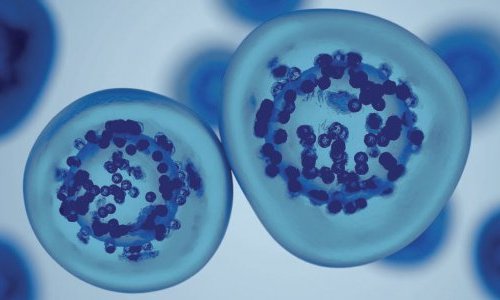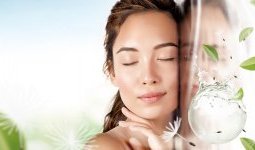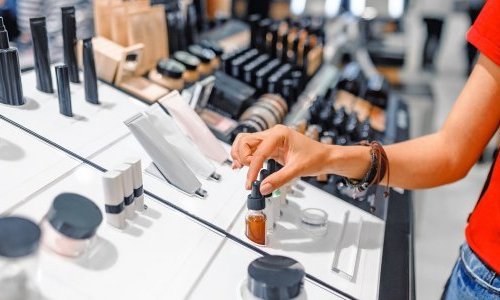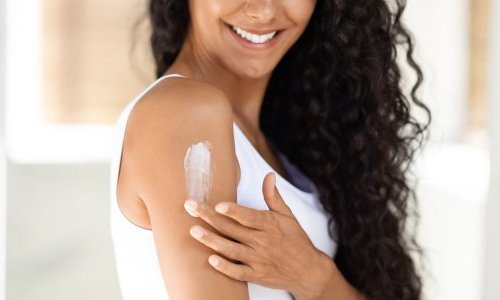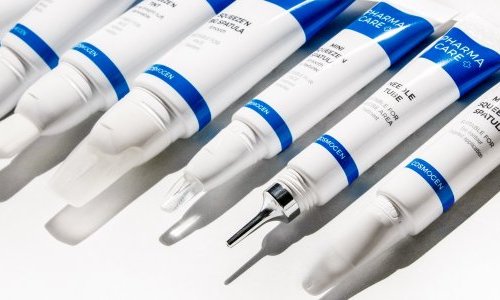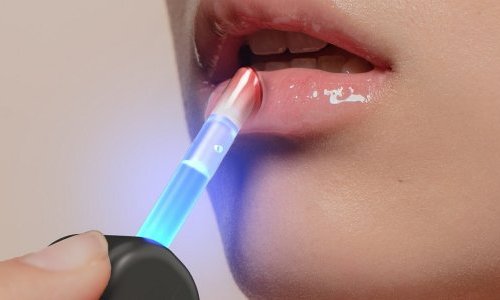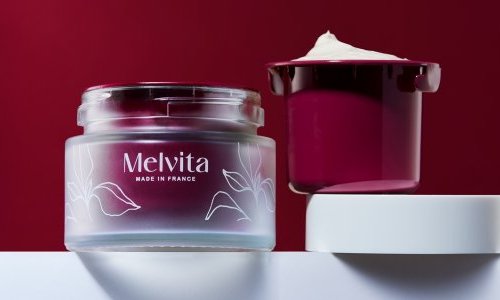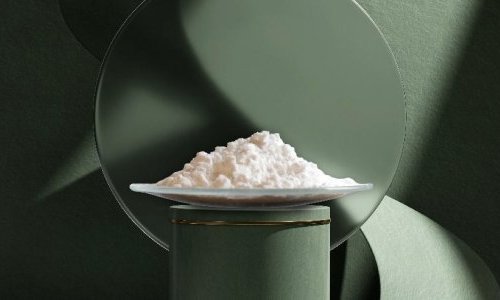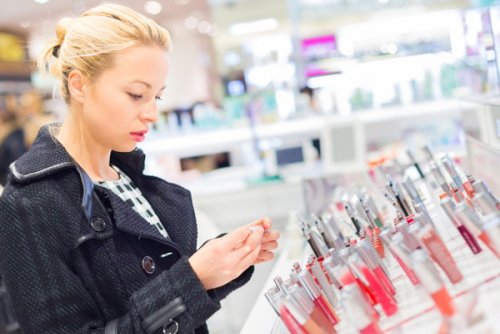
According to experts of the cosmetics market, the wave of catchy headlines and the fact that safety is almost always linked to natural products should benefit to natural and organic cosmetic brands. Photo: © Matej Kastelic / shutterstock.com
A team of researchers from UC Berkeley and Clinica de Salud del Valle de Salinas looked at the levels of certain chemical substances in the bodies of Latina teenagers who were participating in the Health and Environmental Research on Makeup of Salinas Adolescents (HERMOSA) project, set up to look at the effect of endocrine disrupting chemicals (EDCs) on adolescents.
The researchers enrolled 100 girls with the aim to determine whether using personal care products whose labels stated they did not contain “potentially endocrine disrupting chemicals” such as phthalates, parabens, triclosan, and benzophenone-3 (BP-3) for three days could lower urinary concentrations. The researchers asked the teenage girls to switch from their usual cosmetics to products labelled as containing the controversial chemical ingredients.
The authors of the study said they looked at young females not only because women expose themselves to more personal care products than men, using on average 12 self-care products daily compared to the average man who uses just 6, but also because previous research has suggested that teenage girls use even more self-care products than the average adult woman.
Levels of substances dropped significantly
To test the any changes in chemical exposure during the trial, the participants submitted urine samples before and after the three days.
The results, published last week in the journal Environmental Health Perspectives, showed that after these three days, levels of chemicals in the body had dropped significantly.
Levels of diethyl phthalate decreased by 27 per cent, methyl and propyl parabens by 44 and 45 per cent respectively, and triclosan and benzophenone-3 (BP-3) both dropped by 36 per cent.
From their results the team concluded that women can significantly reduce their exposure to some chemicals by taking just a short break from self-care products or by choosing products with fewer chemicals.
“This study demonstrates that techniques available to consumers, such as choosing personal care products that are labelled to be free of phthalates, parabens, triclosan, and BP-3, can reduce personal exposure to possible endocrine disrupting chemicals,” concluded the researchers.
No health problems demonstrated
In a response to the study publication, the Cosmetics, Toiletry and Perfumery Association (CTPA) said that “nowhere does the study itself demonstrate any endocrine disrupting property or show any negative impact from exposure to the chosen chemicals.”
According to CTPA, the fact that levels of certain chemicals found in the body or in the urine decrease when stopping using products containing these substances is really to be expected and is not specific to cosmetics.
“Of course our body is used to coping with things that we eat or may get absorbed by the skin, but these are readily metabolised and harmlessly excreted. The levels that we get rid of will be dependent on what we put in. However, what is really important to remember is not whether we can detect the presence of a substance in the body or urine, but whether the presence of that substance can actually cause us harm,” adds the association.
The publication of this new study follows a series of attacks by consumer protection groups about potentially harmful ingredients in cosmetic products. According to experts of the cosmetics market, this wave of catchy headlines and the fact that safety is almost always linked to natural products should benefit to natural and organic cosmetic brands, despite the fact that scientists warn that "nature" and "safety" are not automatically correlated.
|
Update: March 15, 2016 - 10.30 am (Paris) |

